Are Creationists Stupid?
It is quite common in Internet circles to attack the intelligence and even sometimes the integrity of anyone believing in creation. An unfortunate strategy among some leading atheists is to group all opposition to solely naturalistic origins theories into one category, perhaps the one they think can most easily be refuted – young earth creationism. They like to ignore that God can also use processes and that many scholars (both now and in the early church) don’t think that the Bible teaches the age of the universe. Clearly, some creationist claims are mistaken[1] but is it ridiculous to hold to any belief in creation at all?
In evaluating this question, first consider how creation is defined according to the Oxford dictionary: “The action or process of bringing something into existence.[2]”
By this definition, everyone should agree that the following were created:
- Our universe
- Life
- All species
- Consciousness
Even atheists agree that none of these are eternally existent. Atheism entails though that there has been no intervention by a supernatural Creator in the origin of these entities and that is the notion of creation to which they object.
Let’s consider the most foundational type of creation that atheists must deny – the creation of the universe. The second definition in the Oxford dictionary actually highlights this particular aspect by defining creation as “the bringing into existence of the universe, especially when regarded as an act of God.” However, it is a well-established scientific fact that our universe has a finite age and most scientists agree that its early history is characterized by an expansion out of an incredibly dense and tiny state in what is now known as the Big Bang. So our universe was created! But does that necessarily mean there was a Creator?
Nobel prize winners who have contributed to the confirmation of the Big Bang have noted how it appears quite similar to a creation event:
“The best data we have are exactly what I would have predicted, had I nothing to go on but the five Books of Moses, the Psalms, the Bible as a whole.“ Arno Penzias
“There is no doubt that a parallel exists between the Big Bang as an event and the Christian notion of creation from nothing.[3]” George Smoot
Edwin Hubble’s successor, long-time atheist Allan Sandage, became a Christian late in life and notes that “it was my science that drove me to the conclusion that the world is much more complicated than can be explained by science… It is only through the supernatural that I can understand the mystery of existence.[4]” Sandage also notes that “Astronomical observations have also suggested that this creation event, signaled by the expansion of the Universe, has happened only once. The expansion will continue forever, the Universe will not collapse upon itself, and therefore this type of creation will not happen again.[5]”
Quantum physicist Christopher Isham notes that “perhaps the best argument … that the Big Bang supports theism is the obvious unease with which it is greeted by some atheist physicists. At times this has led to scientific ideas, such as continuous creation [steady state] or an oscillating Universe, being advanced with a tenacity which so exceeds their intrinsic worth that one can only suspect the operation of psychological forces lying very much deeper than the usual academic desire of a theorist to support his/her theory.[6]“
So maybe it’s not so ignorant to see the Big Bang as a creation event and as evidence (not proof) for a supernatural Creator. But could there have been a natural cause to the Big Bang? I’ve blogged previously about how the overall universe had to have a beginning. I’ve quoted Alexander Vilenkin, a prominent cosmologist: “With the proof now in place, cosmologists can no longer hide behind the possibility of a past-eternal universe. There is no escape, they have to face the problem of a cosmic beginning.” In this same blog, I also discussed and referenced the New Scientist article entitled: Why physicists can’t avoid a creation event?
There are some loud voices trying to silence these frank admissions – most notably by atheist Lawrence Krauss. Even Krauss speaks about creation but just claims it is out of nothing, which when pressed he admits by nothing he means the quantum vacuum. I posted several short video clips from an interview I conducted with OU physicist Mike Strauss asking for his response to Krauss’s claim that our universe could have originated from nothing. Strauss is also skeptical that the universe can be created from the quantum vacuum. I also asked him whether Vilenkin’s BGV theorem even left open the possibility that the quantum vacuum has eternally existed and again he was skeptical.
Strauss is but one many of Krauss’s critics. Consider this scathing NY Times critique by physicist/philosopher David Albert of Colombia: “And the fact that particles can pop in and out of existence, over time, as those fields rearrange themselves, is not a whit more mysterious than the fact that fists can pop in and out of existence, over time, as my fingers rearrange themselves. And none of these poppings — if you look at them aright — amount to anything even remotely in the neighborhood of a creation from nothing.[7]”
As Frank Turek likes to ask – “Which is more reasonable that nothing created the universe or that Someone created the universe?”
There is also the matter of “dummies” like Leibniz (who was one of the inventors of calculus) arguing philosophically for the need for God even if the universe was eternal as I’ve blogged about recently. None of this argumentation relies on anything that is even remotely called into question by modern science so one cannot just dismiss this argument by assuming that Leibniz just lacked knowledge of future scientific discoveries. My blog also cites recent developments by Rob Koons and Alex Pruss and others that further these types of arguments by offering compelling support for the key premise of Leibniz’s argument.
Thus, creation shouldn’t be considered a dirty word used only by those who are intellectually inferior. We have logical reasons to believe that the universe needs a Creator; we find scientific evidence that looks remarkably like a creation event and attempts to attribute the creation of this universe to solely naturalistic causes are scientifically implausible. We’ve also discovered that a remarkable orderliness in the original Big Bang state was necessary for the existence of any form of life. Thus, we have many independent lines of evidences that combine to form a strong cumulative case for creation, and even for a Creator!
Notes
[1] Since there are many different, conflicting views of creation they cannot all be correct. The same could be said for various scientific theories as well.
[2]http://www.oxforddictionaries.com/us/definition/american_english/creation
[3] George Smoot, Wrinkles in Time (1993)
[4] http://www.washingtonpost.com/wp-srv/newsweek/science_of_god/scienceofgod.htm
[5] http://www.leaderu.com/truth/1truth15.html
[6] Isham, C. 1988. “Creation of the Universe as a Quantum Process,” in Physics, Philosophy, and Theology, A Common Quest for Understanding, eds. R. J. Russell, W. R. Stoeger, and G. V. Coyne, Vatican City State: Vatican Observatory, p. 378.

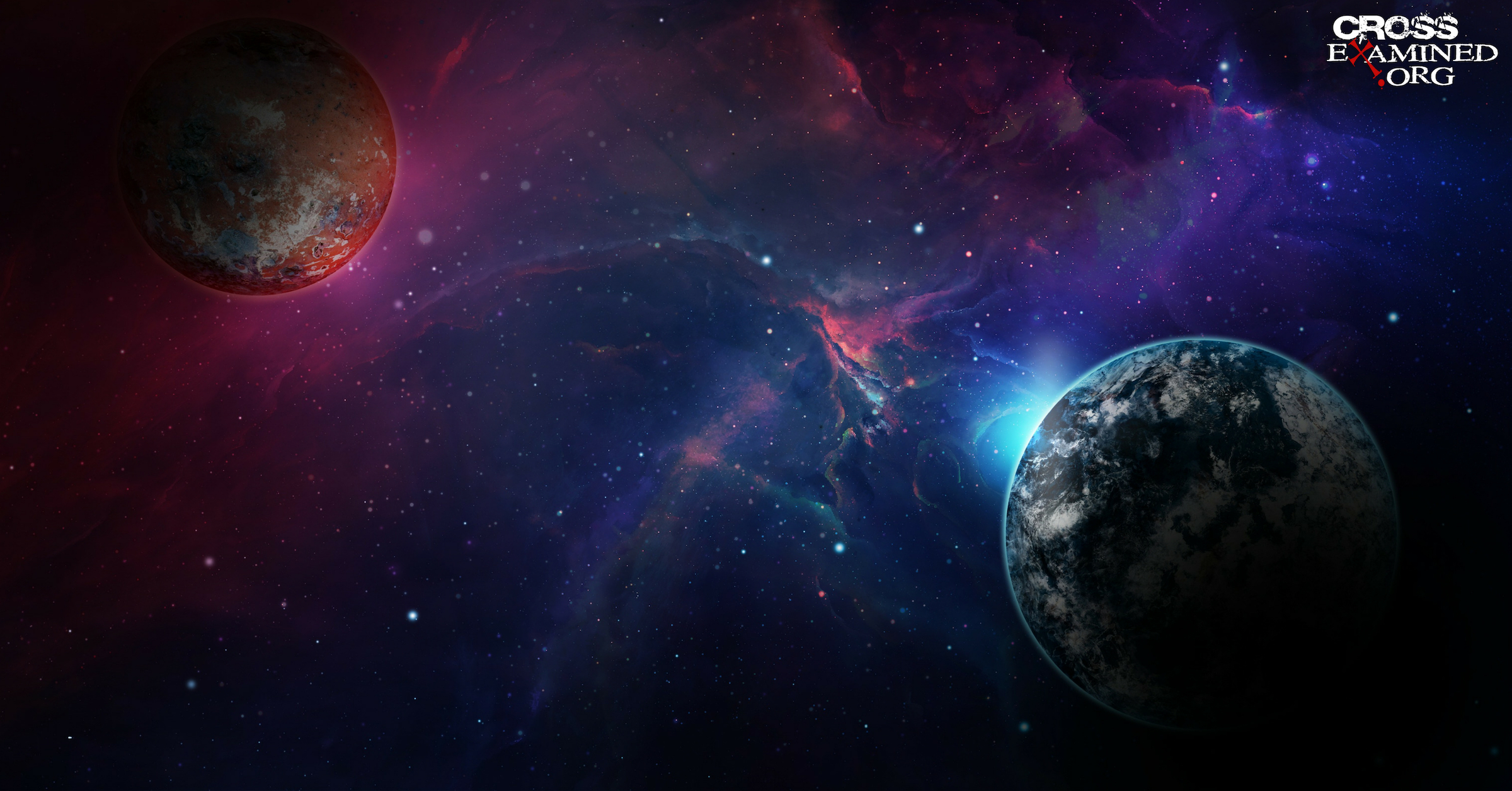



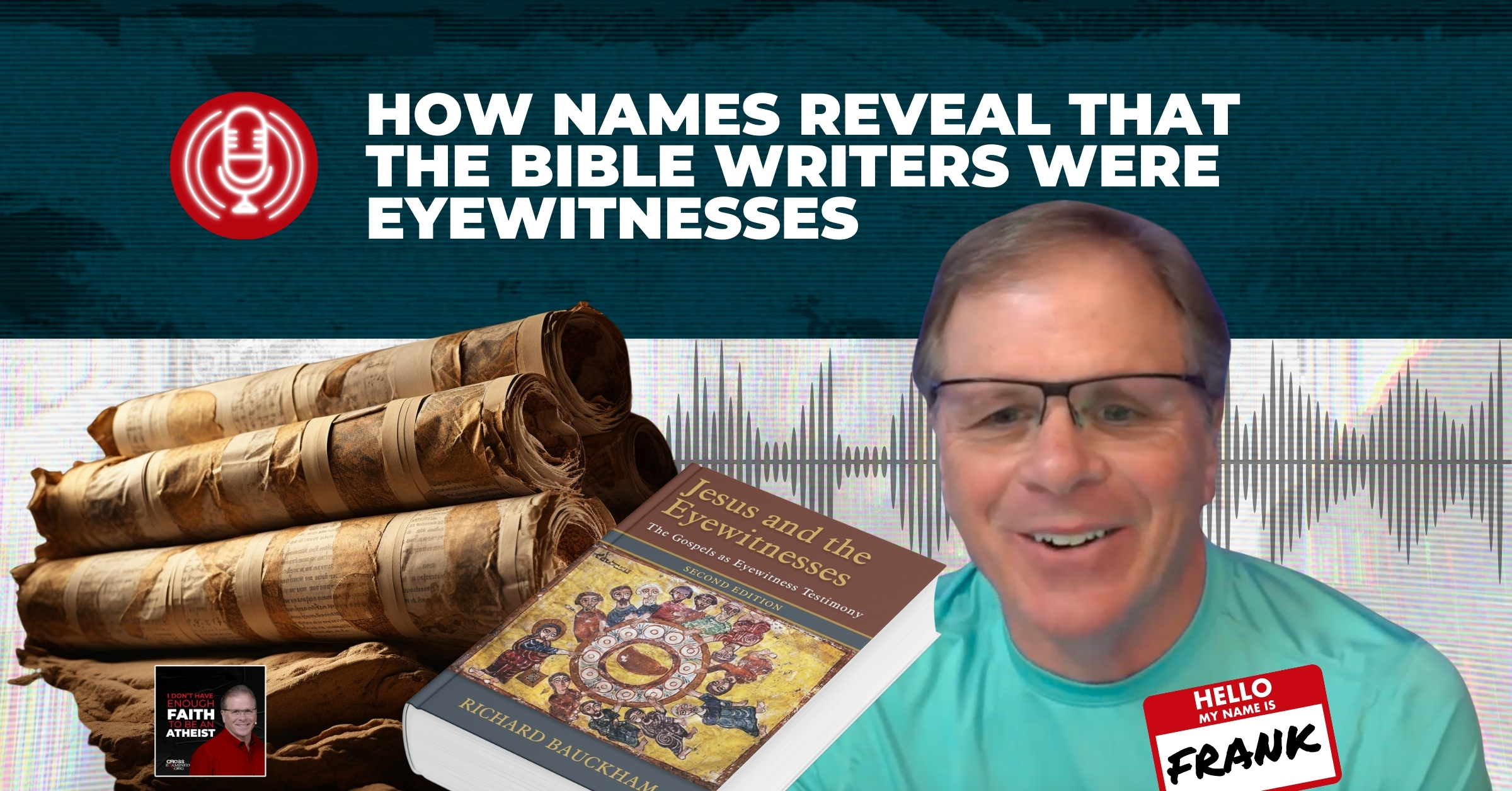
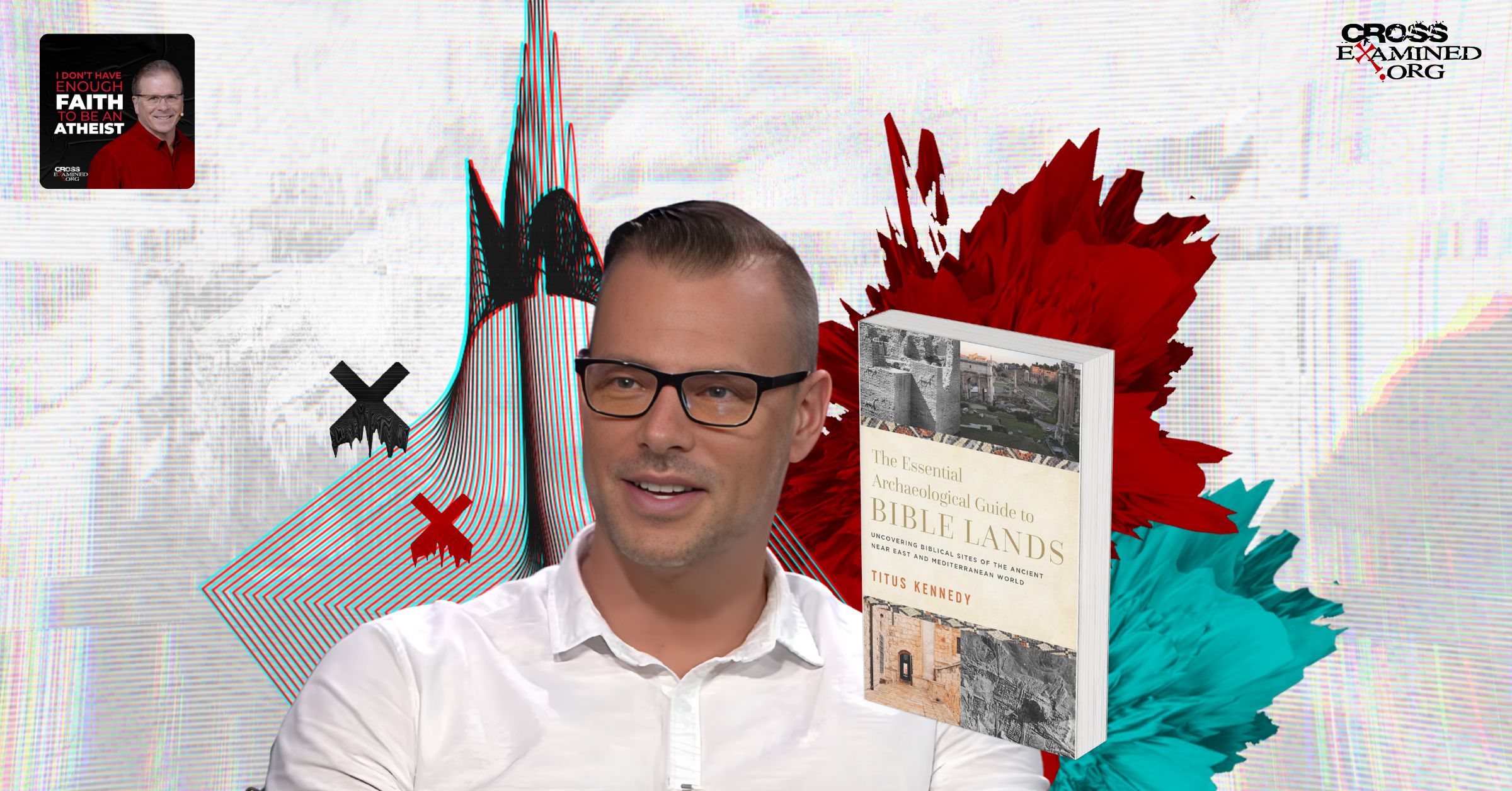

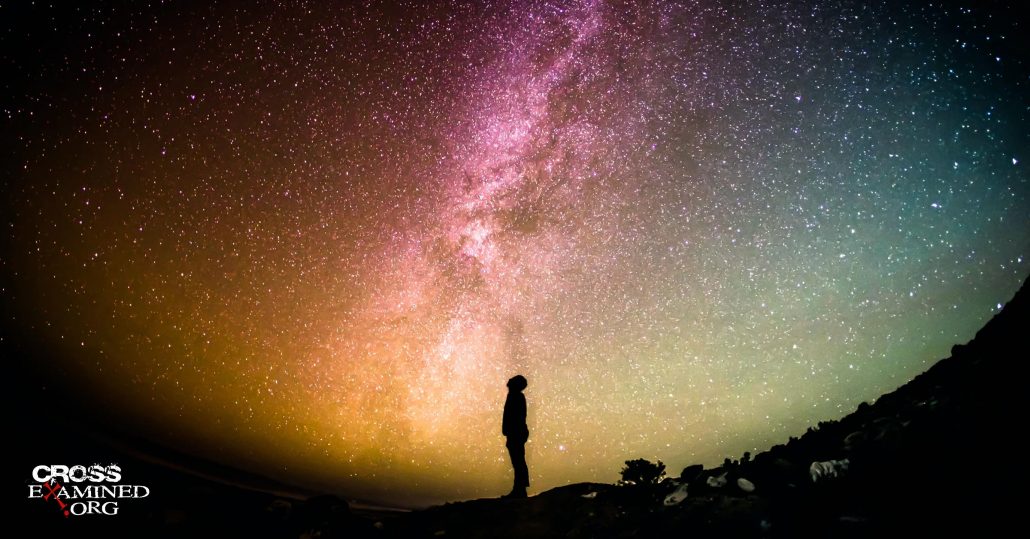
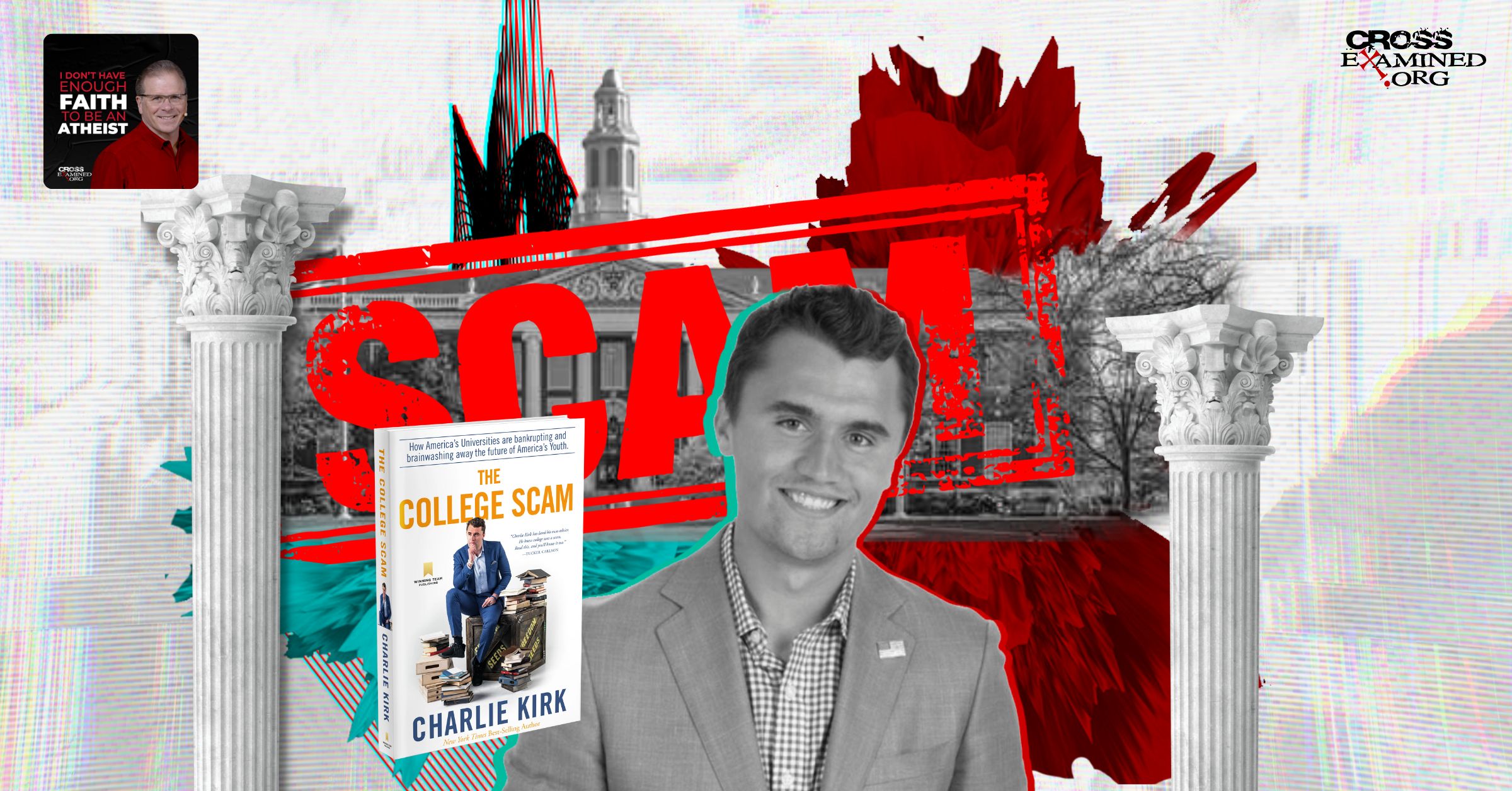
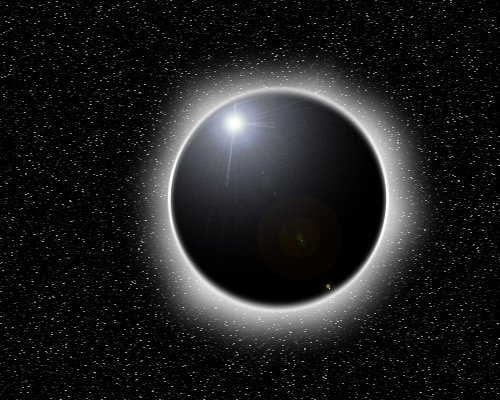
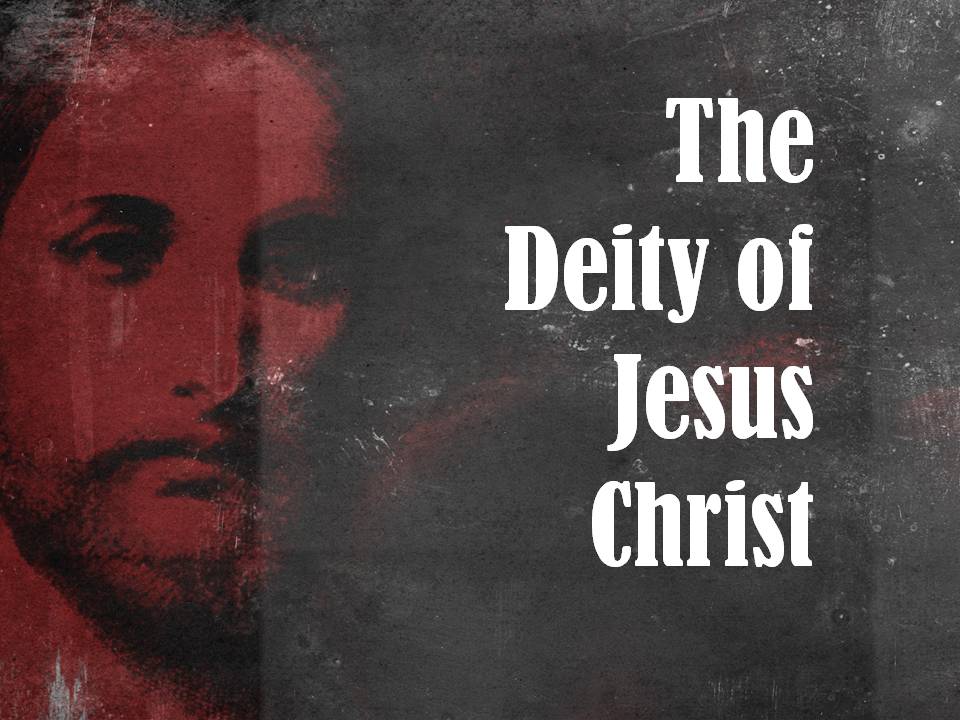
Leave a Reply
Want to join the discussion?Feel free to contribute!